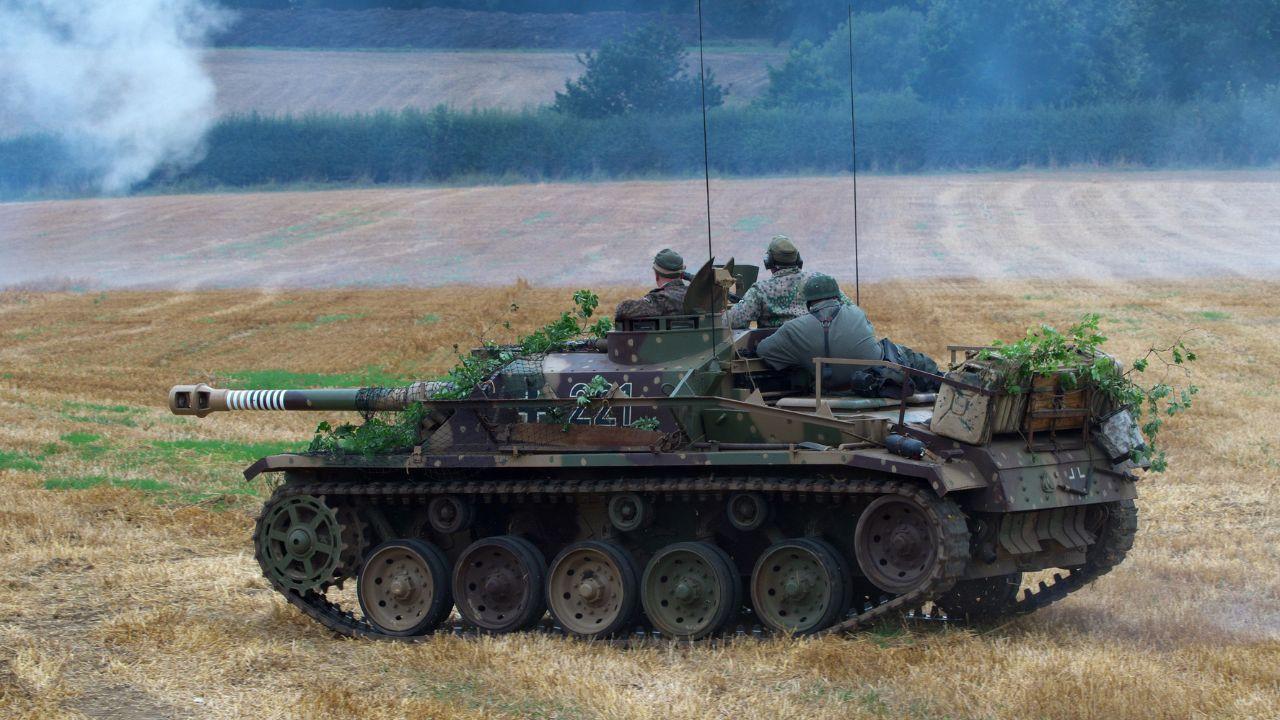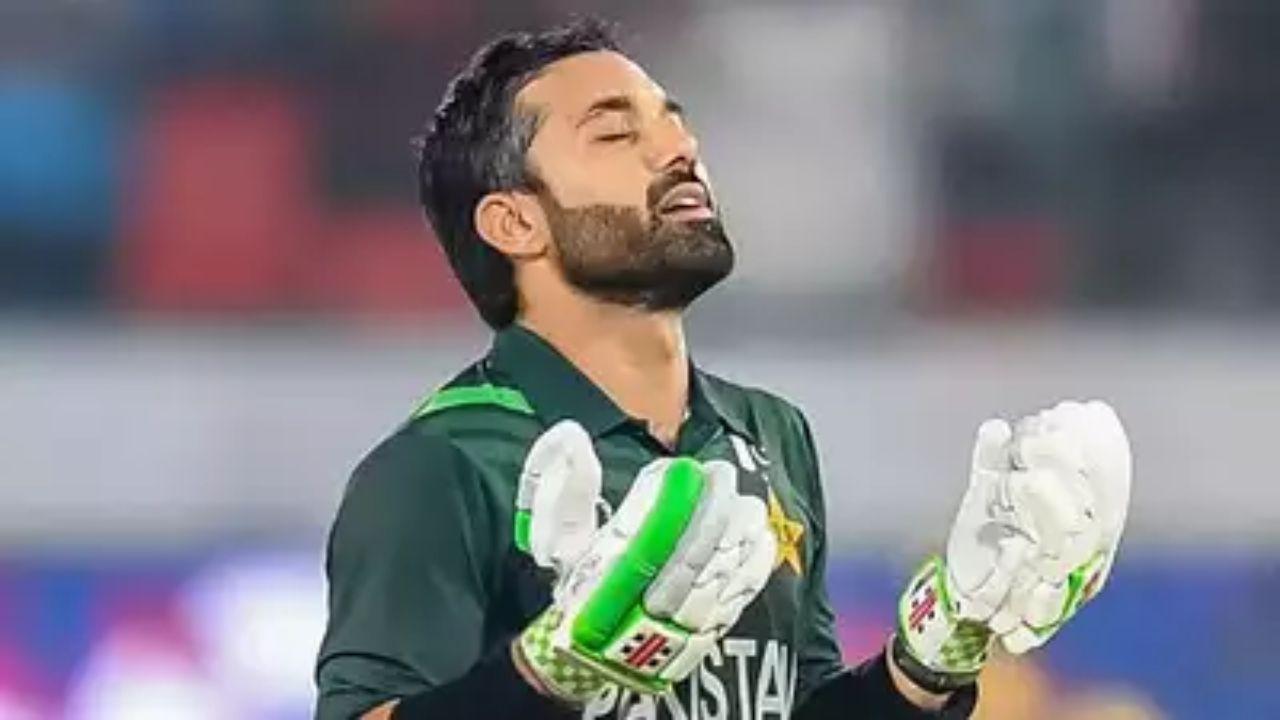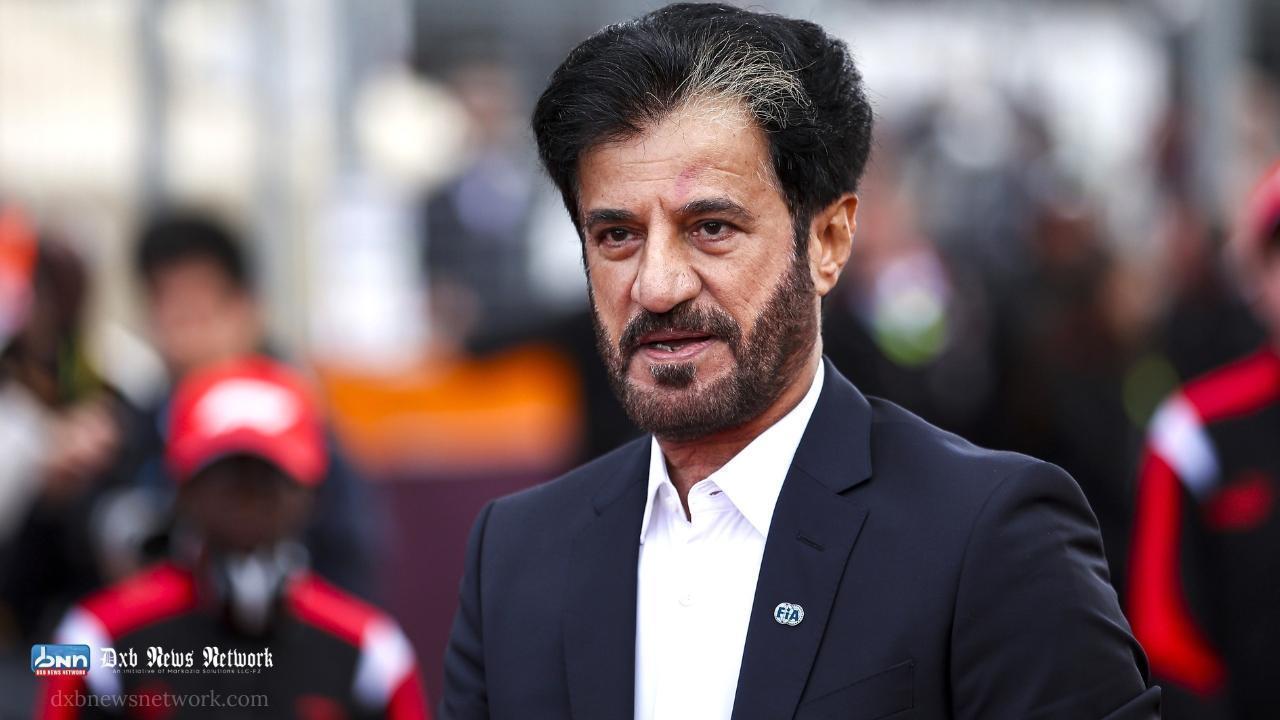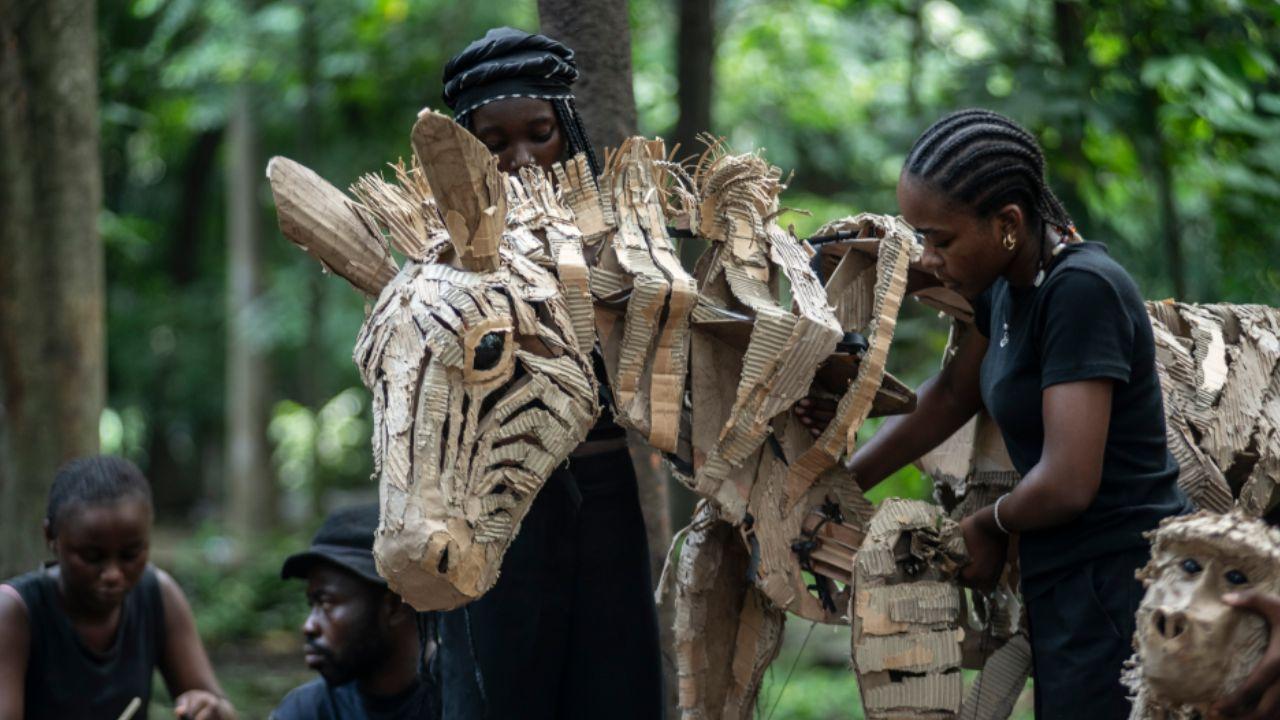
Post by: Vansh Kumar
Throughout history, big wars have reshaped nations, societies, and the lives of millions. These conflicts, while devastating, provide us with essential lessons on leadership, decision-making, and the importance of peace. Interestingly, the impact of war extends far beyond the battlefield. The strategies employed during these turbulent times can offer valuable insights into peaceful leadership, showing how strong, empathetic, and diplomatic leaders can rise from the ashes of war to foster unity, peace, and cooperation.
In this article, we’ll explore how some of history's largest wars have contributed to our understanding of leadership in peace. From the aftermath of conflict to the lessons learned through sacrifice, let’s dive into the powerful connection between war and leadership for peace.
At the core of every big war, leadership plays a pivotal role in shaping outcomes. Military leaders, political figures, and other influential personalities often make decisions that either lead to further devastation or create pathways to peace. However, these leaders also play a crucial role in the post-war period, when rebuilding societies and fostering reconciliation becomes a priority.
For example, after World War II, leaders such as Winston Churchill, Franklin D. Roosevelt, and even German Chancellor Konrad Adenauer, who was instrumental in rebuilding post-war Germany, proved that effective leadership is not only about winning battles but about achieving long-lasting peace.
One of the most significant lessons we can learn from big wars is the importance of reconciliation and forgiveness. After the destructive nature of war, it’s easy to think that conflict breeds only bitterness and division. Yet history shows us otherwise. Successful peace leaders often emerge in the aftermath of war, determined to create systems of justice and equality for all.
Take Nelson Mandela’s leadership during the post-apartheid era in South Africa. After decades of racial tension and violence, Mandela, who had spent years in prison, became the beacon of peace and unity for a country torn apart by its own history. His emphasis on forgiveness and reconciliation over revenge created a lasting peace and transformed the nation’s identity.
Mandela’s approach to leadership teaches us that peaceful leadership doesn’t thrive on anger or division but on a deep understanding of shared humanity. It's a leadership style that focuses on healing wounds and uniting people, not just through words but through actions that foster collective well-being.
A major takeaway from studying big wars is the importance of diplomacy and open communication channels between conflicting parties. During World War I and II, the lack of effective communication and diplomacy contributed to the escalation of conflict, but as the world progressed, nations began to recognize the power of dialogue.
The establishment of the United Nations after World War II exemplifies how diplomacy can help prevent further conflicts. The global community came together to ensure that disagreements could be settled through discussion rather than warfare. The success of the UN is rooted in the idea that peaceful leadership requires a willingness to listen, negotiate, and compromise. These actions are critical for anyone hoping to lead in a world of global interconnectedness.
Another vital lesson learned from big wars is the understanding of sacrifice for the greater good. While the nature of war often involves pain, loss, and grief, it is these very sacrifices that provide leaders with an understanding of the value of peace. Leaders who have witnessed the cost of war are often more inclined to seek peaceful solutions, recognizing that there is always a human toll in conflict.
A notable example of this is Mahatma Gandhi’s philosophy of nonviolent resistance. His leadership through peaceful protests against British rule in India demonstrated that peaceful leadership is not about avoiding conflict but finding alternative means to resolve it. His ability to rally millions around a nonviolent movement, despite the immense pressure to resort to violence, shows how leadership can shape history without the destruction that often follows wars.
In the context of big wars, it becomes clear that compassionate leadership is essential for maintaining peace. War often reveals the worst of human nature, but it also allows leaders to recognize the importance of empathy and understanding in times of distress. Leaders who approach their roles with compassion can foster peace by recognizing the struggles of others and working to alleviate them.
One leader who exemplified this trait was Franklin D. Roosevelt during the Great Depression and World War II. His New Deal programs were designed to lift Americans from the economic devastation of the 1930s, but his leadership also focused on international cooperation during the war, seeking peaceful outcomes for post-war recovery. Roosevelt’s leadership was grounded in compassion, and his ability to empathize with the needs of his people helped the U.S. emerge as a global leader for peace.
Finally, it’s crucial to understand that peaceful leadership goes beyond just resolving conflicts in the moment—it’s about creating systems that prevent conflict from reemerging. Post-war reconstruction efforts have always required leaders to think about long-term solutions. These include establishing democratic institutions, ensuring economic stability, and promoting social justice to prevent the conditions that lead to future wars.
The Marshall Plan, for instance, helped rebuild Europe after World War II, laying the foundation for future prosperity and unity. This form of leadership demonstrates the idea that sustainable peace can be built when nations work together to address underlying economic and social issues, rather than focusing solely on military victory.
This article explores how big wars have shaped our understanding of peaceful leadership. It highlights key lessons drawn from history, such as the importance of reconciliation, empathy, sacrifice, diplomacy, and long-term peace-building efforts. By examining post-war leaders like Nelson Mandela, Mahatma Gandhi, and Franklin D. Roosevelt, we learn that true leadership comes from the ability to foster unity, forgive past wrongs, and create systems that prevent future conflict. These lessons continue to offer valuable insights for leaders today, emphasizing that lasting peace is built through understanding, compassion, and a willingness to negotiate and compromise.
This article is for informational purposes only. The views expressed are based on historical context and interpretations, and they may evolve with new findings. By dxb news network.
#trending #latest #BigWars #PeacefulLeadership #LeadershipLessons #WarAndPeace #HistoricalLeadership #PeaceBuilding #ConflictResolution #DiplomaticLeadership #LeadershipInsights #PostWarLeadership #breakingnews #worldnews #headlines #topstories #globalUpdate #dxbnewsnetwork #dxbnews #dxbdnn #dxbnewsnetworkdnn #bestnewschanneldubai #bestnewschannelUAE #bestnewschannelabudhabi #bestnewschannelajman #bestnewschannelofdubai #popularnewschanneldubai

HE Saeed Al Tayer reviews Al Shera’a, DEWA’s smart HQ—world’s tallest green building. Completion set for 2025...Read More.

Rory McIlroy wins the Masters in dramatic style, beating Justin Rose in a playoff and becoming the first European to complete the career Grand Slam....Read More.














Rory McIlroy wins Masters, completes career Grand Slam
Rory McIlroy wins the Masters in dramatic style, beating Justin Rose in a playoff and becoming the f

Rizwan Says English Isn’t a Must, Only Cricket Matters
Mohammad Rizwan proudly says he’s not ashamed of poor English. For him, playing cricket for Pakistan

Nightclub Roof Collapse in DR: Death Toll Hits 226
226 dead in Dominican nightclub collapse; nation mourns as families seek answers

Middle East’s Growing Influence in Formula 1 Recognized by FIA President Mohammed Ben Sulayem
Middle East’s Growing Influence in Formula 1 Recognized by FIA President Mohammed Ben Sulayem

'The Herds' starts journey from Africa to the Arctic Circle
‘The Herds,’ a cardboard animal show, starts in Congo to show how climate change pushes nature away.